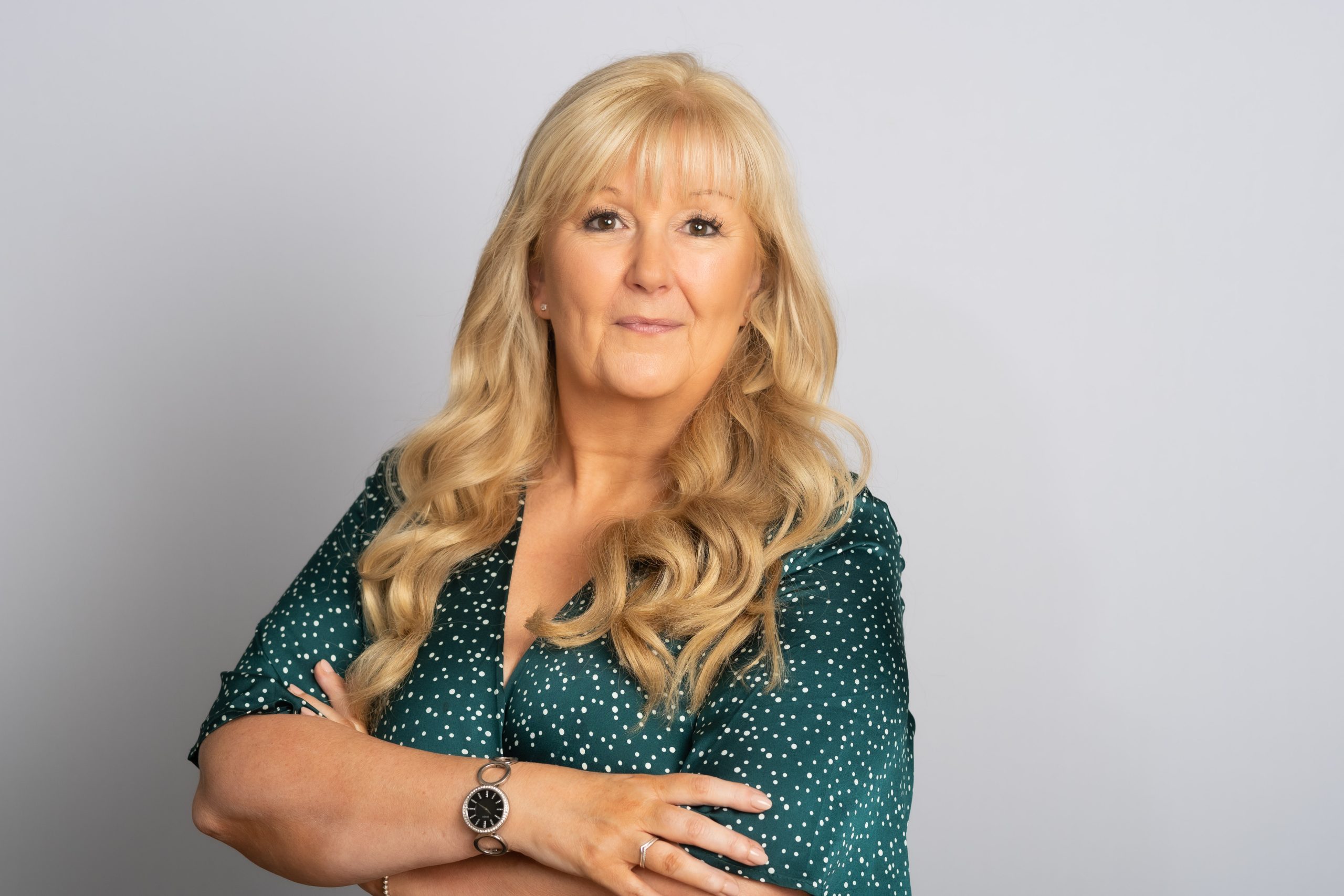Please tell us how and when your interest in diet and nutrition first started?
I’ve long had an interest in nutrition. In fact, my interest in the subject goes all the way back to secondary school. However, back when I was starting to think about my career choices there were not many professional opportunities to work in diet and nutrition so instead I trained as a chef.
It was after I’d had my children that I gained my first formal qualification, having studied for a BSc (Hons) in Human Nutrition and Health at the University of Greenwich. One of my main areas of interest was the effects of food on bowel health and chronic illness, a topic close to my heart having been diagnosed with Crohn’s disease in 2009. As a child I always had gut problems and wish there had been more awareness at the time about the disease. I could possibly have been diagnosed much earlier than adulthood. I also found at aged 38 that I have Coeliac disease, which is an allergy to gluten.
From personal experience, I have come to know that eating certain types of food such as grains and starches can trigger the symptoms of my Crohn’s – and I must avoid them. It does limit the amount of sweet things I can eat, including cake.
While these are my trigger food groups, there is no simple set of rules I can recommend for everyone to follow because trigger foods can vary from person to person.
Since studying nutrition, plus through careful personal observation (I keep a food journal), I know that we must be very careful not to draw simple conclusions about our diets. There are so many other variables that affect our health that must be considered, including other medical conditions, medications, general health, stress, tiredness and more.
Since I cut out gluten and started avoiding the foods that I know trigger my Crohn’s, my gut health and my mental health have improved markedly.
Why did you decide to get involved with Bowel Research UK?
I’d become aware of the Auguts campaign over the summer and watched the videos of all the people who so bravely shared their stories about their bowel conditions. These stories were so relatable, reflecting each person’s genuine lived experience. I particularly liked that they weren’t filtered or sugar-coated, which I found empowering. It made me want to become involved in the work of the charity, especially the People and Researchers Together (PaRT) network. I think my background in diet and nutrition might be useful to people with IBDs or food intolerances and allergies, and I’m keen to explore how many ways I can help.
What are your tips for staying well when you haven’t bought or prepared your own food? How can you still join in festive eating or family celebrations?
It’s important to acknowledge that this can be a challenge. No one size fits all when it comes to diet and eating.
But everyone has the right to enjoy themselves, so we must do what we can to socialise, as long as we take sensible precautions. If you are going to be eating out, my advice is to call the venue in advance and check with the chef what’s going to be on the menu and what options there are for those with dietary requirements.
If you have been invited to a work party and are likely to be served buffet food, it can be hard to find out whether there might be ingredients you need to avoid or perhaps some of the food will have been cross contaminated during the cooking process, which may trigger your symptoms.
I tend to stick to things I consider ‘real foods’ like chicken legs or cheese and pineapple on a stick. If there are sandwiches, I pick out the filling and not eat the bread. That’s not ideal at all, as crumbs of bread could be accidentally consumed. If you know the host, there’s nothing wrong in calling in advance and finding out what they are planning to serve.
I might also bring my own food which I know is fine for me to eat. I try, however, to be discreet and sensitive to the host and avoid looking like a food prima donna. I always explain that I love food and am not a ‘fussy eater’ but I have Crohn’s and Coeliac’s disease and have to be careful.
For my work with the hotel and travel industry, I am very aware that there is still a lot of confusion over food. For example, I have worked with staff at hotels where they confuse a vegan diet with eating gluten-free. These two diets are worlds apart in their differences. I plan to continue to educate the staff and empower the diner to create better equality around travel and food.
Because there is so much confusion around diet and nutrition, I personally always err on the side of caution and will check and double check the ingredients. It’s no fun triggering an IBD or food allergy when you could have avoided it with a little bit of advance homework and due diligence. Yes, this can be tiresome at times. A friend said to me,
“But you’ve got to live.”
“That’s exactly what I aim to do well,” was my reply.

